How do internet cookies reveal who you are online
Cookies? Yumm. No, wait! We’re not talking about the scrumptious delight that’s loved by people of all ages. We’re talking about the millions of digital cookies scattered throughout the worldwide web.
They aren’t, however, chocolaty, buttery, or crunchy as you’d expect them to be and can be used tamper with your online privacy! Therefore, it’s important that you know what cookies do and how you can protect yourself.
What are internet cookies, exactly?
So what is a cookie, exactly? To put it in simple terms, internet cookies – also commonly referred to as browser cookies, HTTP cookies, and web cookies – are nothing more than files saved on your computer or mobile device that consist of information sent by web servers when you first visit a website.
The term is derived from “magic cookies,” a packet of data received and sent back without being altered or changed. In fact, some also believe the name may have come from the story of Hansel and Gretel, where they leave a trail of cookie crumbs to find their way back through the forest.
What do cookies do?
You may be wondering, “What do internet cookies do?” The main purpose of internet cookies is to identify returning visitors and provide a personalized user experience – by checking their past activity on the website – or save site login information.
When you visit a website for the first time, the web server sends a cookie to your browser which is then stored on your computer or mobile device for later use. The next time you visit the same website, the web server asks for and reads the cookie to load a customized version of the website for you.
This type of identification isn’t exactly a bad thing. For instance, internet cookies are used by many online stores to build a user’s shopping cart as they explore different areas of the website. Without them, your shopping cart would be empty every time you click on a new link on the website.
However, even though internet cookies were created for a very good reason, they’re used for a variety of purposes – and not all of them are ethical. They aren’t exactly harmful, but can be exploited by marketers, advertisers, or hackers for surveillance.
Who invented internet cookies?
In June 1994, a well-known computer programmer, Lou Montulli – an employee at Netscape Communications – got the idea of using magic cookies in web communications. At that time, he was developing an ecommerce application and had to find a way to hold the information of a user’s shopping cart without retaining partial transaction states on servers.
Montulli along with John Giannandrea wrote the initial cookie specification for Netscape soon after, and the beta version 0.9 of Mosaic Netscape became the first browser to support cookies in October of the same year.
What are the types of internet cookies?
Now that you understand what an internet cookie is, what it does, and who invented it, let’s take a closer look at the type of cookies you’re most likely to encounter:
1. Session Cookies
They are also called transient cookies or in-memory cookies – exist only while the visitor navigates through the website. They aren’t harmful as your information is recorded temporarily and will be erased upon closing the browser or quitting the session.
2. HttpOnly Cookies
These cookies can’t be accessed through non-HTTP or HTTPS APIs like JavaScript and therefore mitigate – not eliminate – the threat of cookie theft.
3. Persistent Cookies
Persistent cookies – also sometimes known as tracking cookies – exist for a specific length of time or until they expire on a certain date. They’re used to collect information about your behavior on a particular website over a period of time.
4. Secure Cookies
Secure cookies can only be sent via HTTPS connections to ensure their information can’t be stolen by hackers on the user’s network. Since these cookies are encrypted, they’re more secure than most types of cookies.
5. Third-Party Cookies
These are stored on your computer or mobile device by a domain different from the one you’re visiting. These cookies, more often than not, are used by advertising networks to track your browser history so they can serve you targeted ads.
6. Supercookies
They are also known as Zombie Cookies which track and gather information about a user’s browsing habits and history. They can recreate deleted regular cookies and aren’t stored on your computer or mobile device, which makes them more privacy-invasive compared to others.
How do internet cookies reveal who you are online
Since tracking cookies are used to gather information about you without your authorization, they present a real threat to your online privacy. Tracking cookies like third-party cookies aren’t used to enhance your experience but rather to keep track of your activity across certain websites.
Also, did you know that malware and viruses can be disguised as internet cookies? Supercookies can be sent by a hacker in control of a malicious website to potentially impersonate or interrupt legitimate user requests to another website with a similar public suffix or top-level domain.
This allows the hacker to fake login into the website as you and use your personal information for their nefarious purposes.
How can you protect yourself?
If you don’t like the idea of internet cookies tracking every move you make online, there are a few steps that you can take to increase your online privacy:
1. Use your web browser’s privacy mode
When you use private browsing or incognito mode, your browser will not store internet cookies or your browsing history. If your computer is shared by others, using your web browser’s privacy mode becomes even more paramount. Find out more here.
2. Use a privacy-friendly search engine
We’d highly recommend switching from Google to a more privacy-friendly search engine like DuckDuckGo. It doesn’t log user information, store IP addresses, or use internet cookies to identify and track you.
3. Clear your browser cookies
You could just manually delete your browser cookies or set your browser to delete cookies automatically at the end of each browsing session. While you’ll have to enter your login credentials every time you are on a website, the good news is that your online activities won’t be available for marketers, advertisers, and hackers to pry on. Your online privacy will remain unharmed.
4. Use a Virtual Private Network
By using an anonymous VPN service like PureVPN, you can stop your browsing preferences from being profiled with the help of internet cookies. Not only will your IP address be masked with one of our 88,000 + IPs, but also military-grade 256-bit encryption will allow you to browse the Internet with an unbreakable cloak of anonymity!
Final word
Turning internet cookies off permanently would make navigation on certain websites difficult. However, by limiting tracking cookies and supercookies through the methods we’ve discussed above, you can prevent the invasion of your privacy online and enjoy complete internet freedom at your leisure.
Haris Shahid

February 1, 2023

2 years
suggested blogs
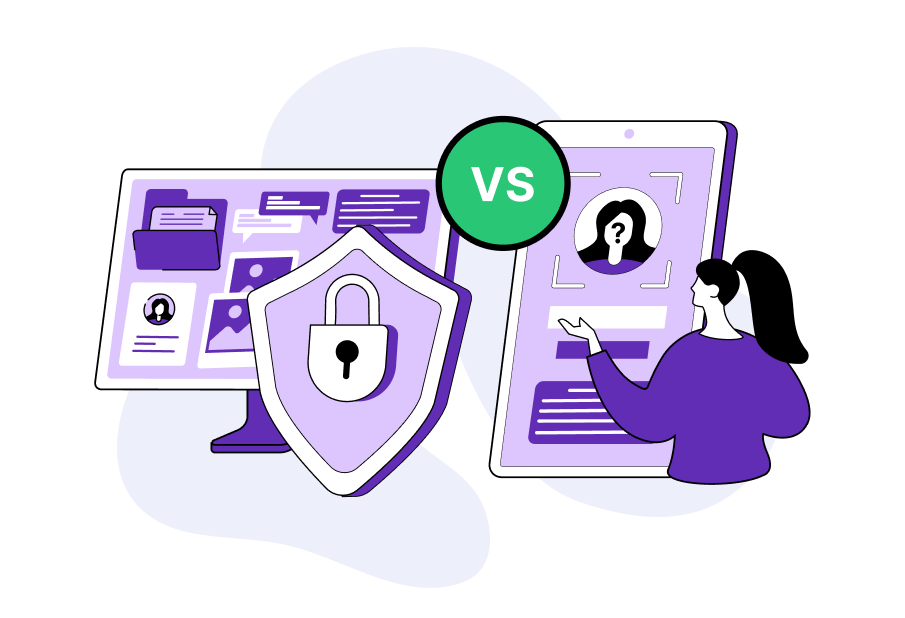
Just because you are doing something anonymously on the internet doesn’t mean your information is private and vice versa. While the terms ‘privacy’ and ‘anonymity’…
Read more
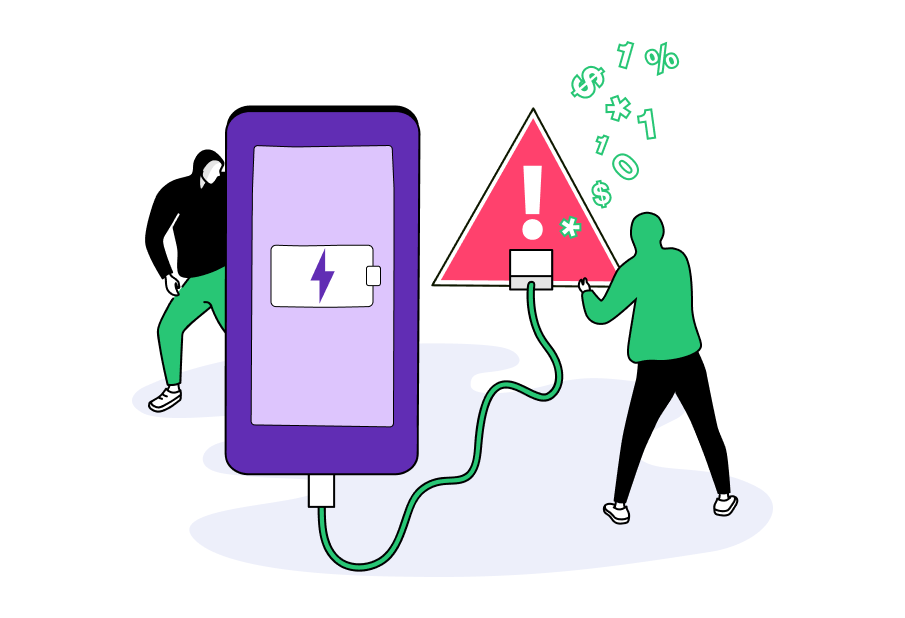
Planning the most-awaited vacation break soon but are having cyberattack nightmares? Or want to explore new destinations, yet the personal data breach headlines keep spreading…
Read more
Social media tracking has become an integral part of our daily lives, with social media platforms collecting data about our online behaviors, preferences, and interactions.…
Read more
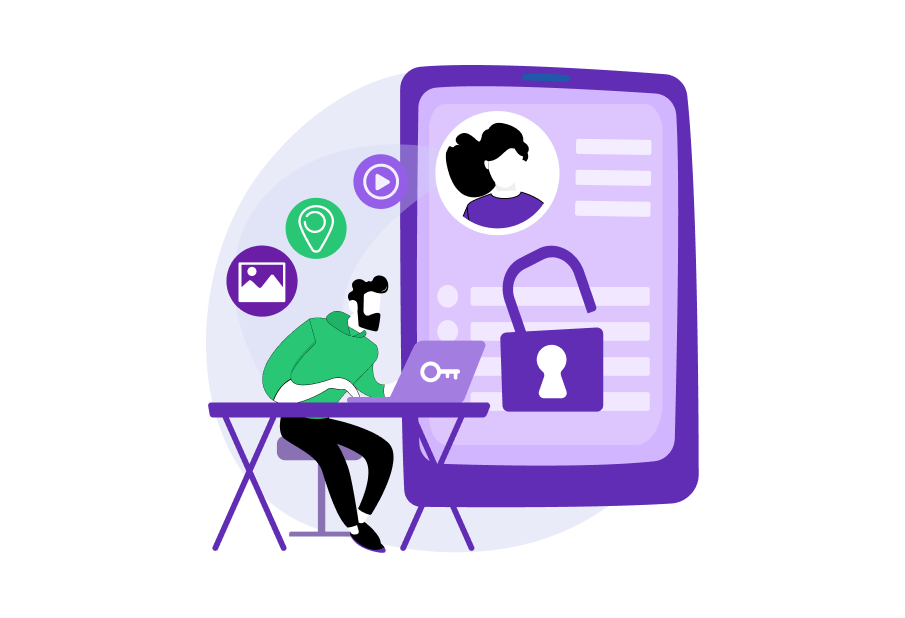
Social media has become an essential part of our lives, with billions of people using various platforms to connect, share, and engage in different online…
Read more
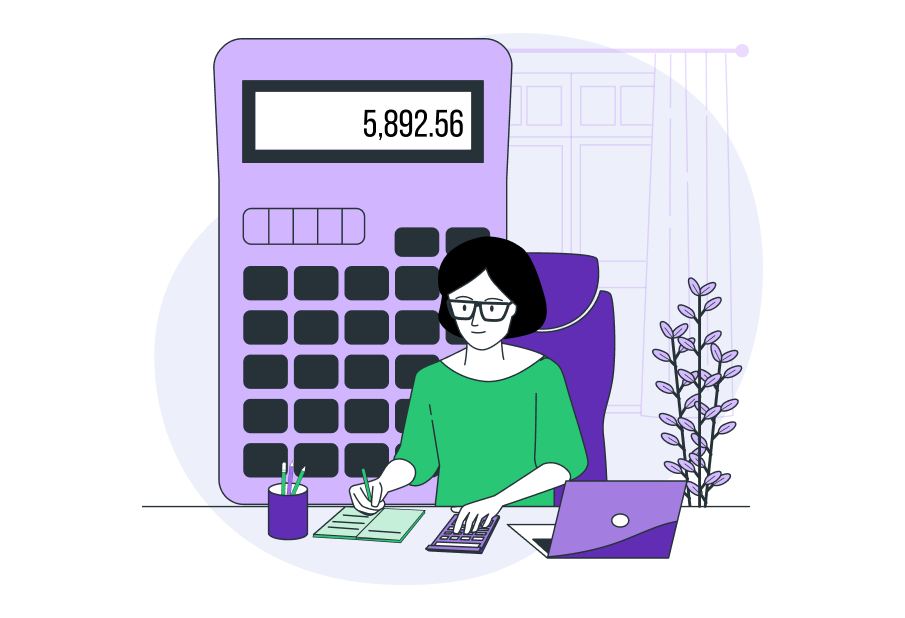
Tax season can be a stressful time for many people, especially those who are filing their taxes for the first time. However, even seasoned filers…
Read more
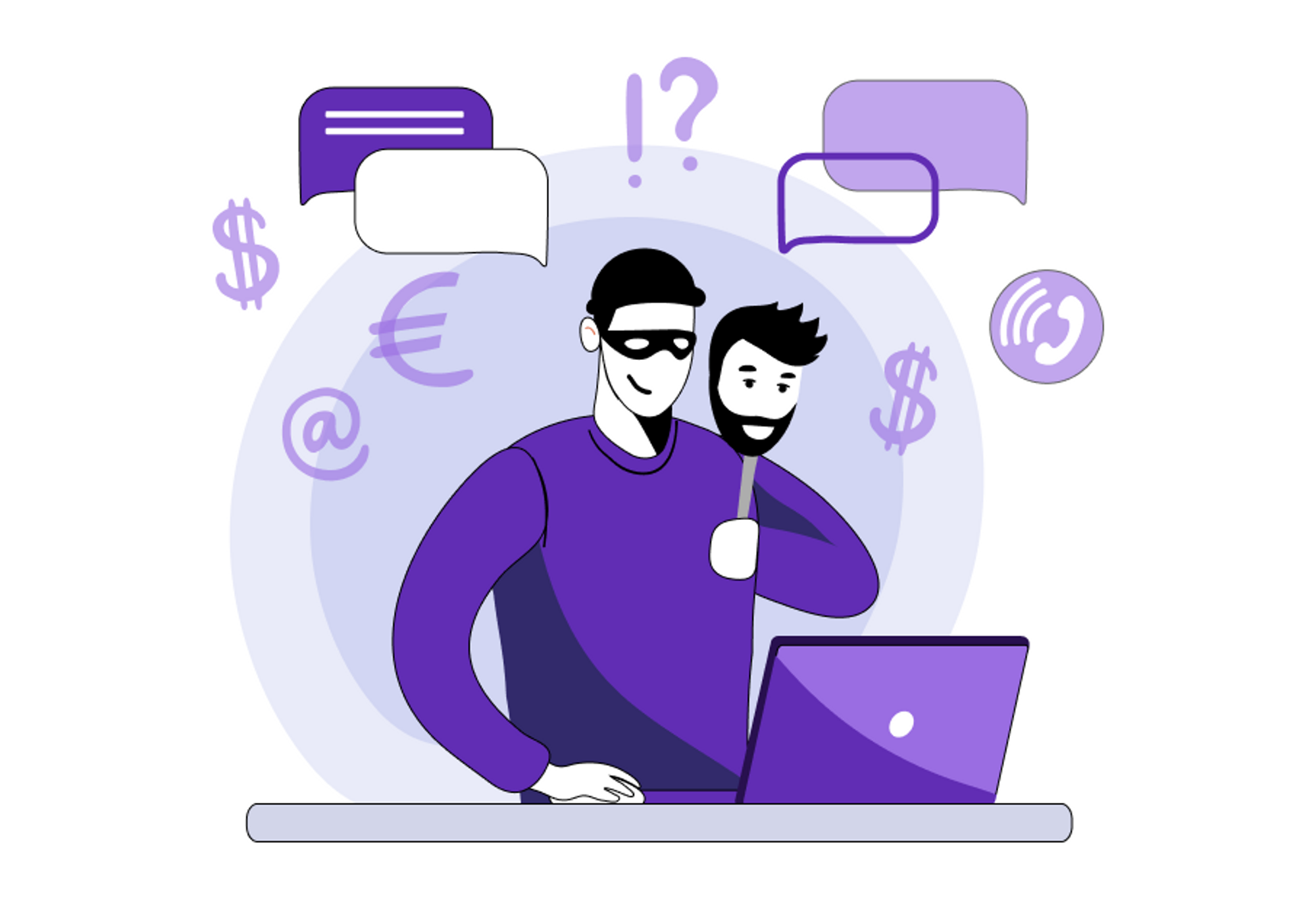
April Fools’ Day is known for its playful pranks and harmless hoaxes. Unfortunately, cybercriminals also take advantage of this day to launch their own scams,…
Read more
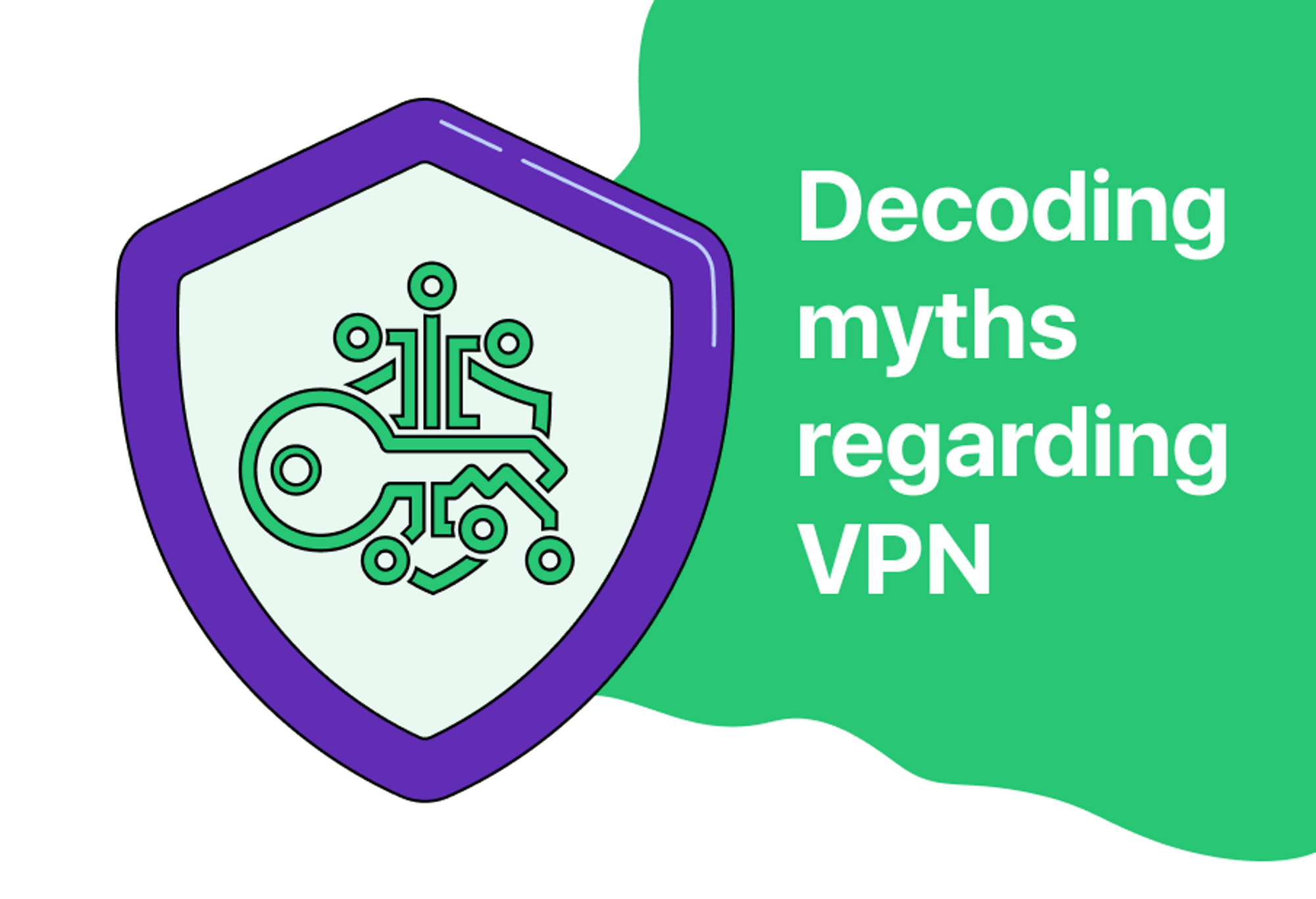
Happy April Fool’s Day, internet friends! As a VPN company, we thought we’d celebrate the occasion by sharing some of the most ridiculous, unbelievable, and…
Read more
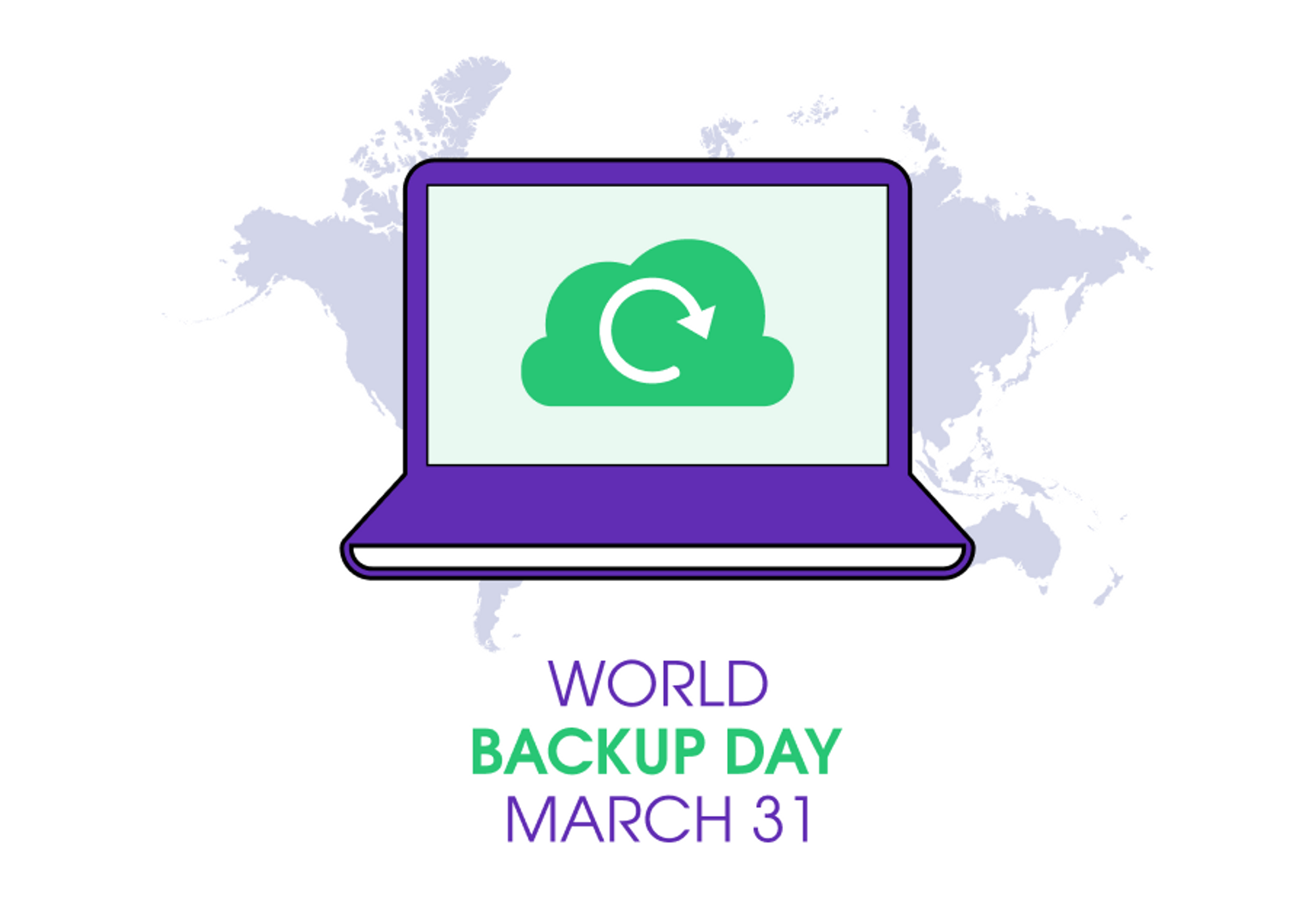
In today’s digital age, data has become a critical component of our lives. From personal photos and videos to important business documents, our digital information…
Read more
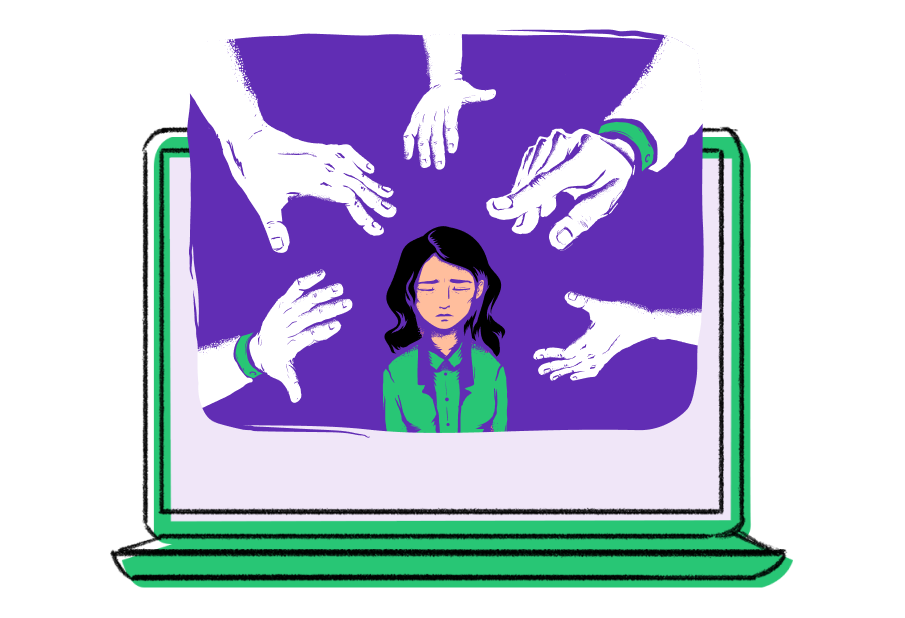
Description: Facts, stats, and data on the rising incidents of sexual harassment and violence women face on the internet every day Throughout history, the world has…
Read more
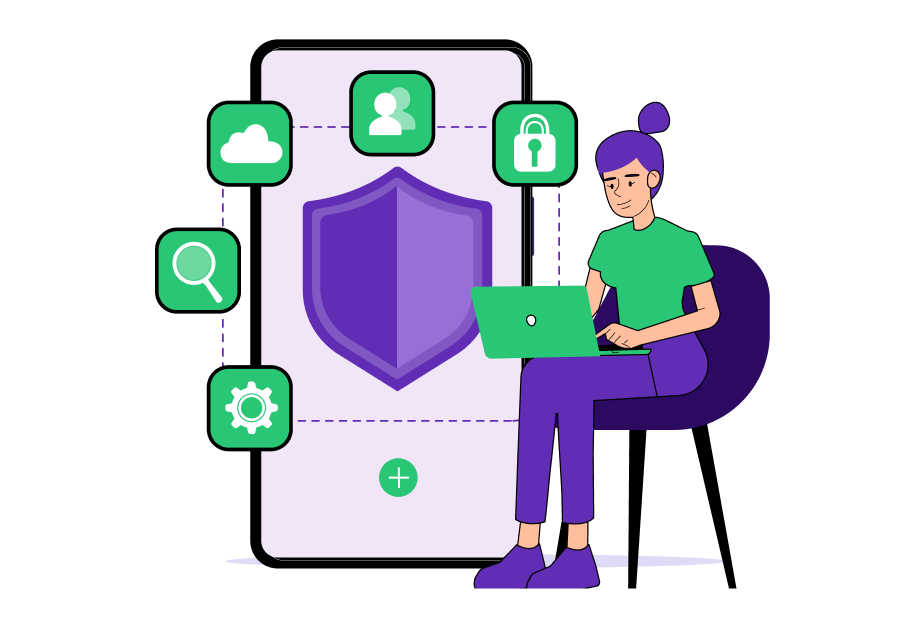
Description: This #InternationalWomensDay, we’re discussing ways women can protect themselves from online harassment Cybercrime is a serious issue that impacts everyone, but it can be…
Read more